Nanotechnology has emerged as an innovative tool in medicine that could alter the landscape in relation to disease treatment and prevention.
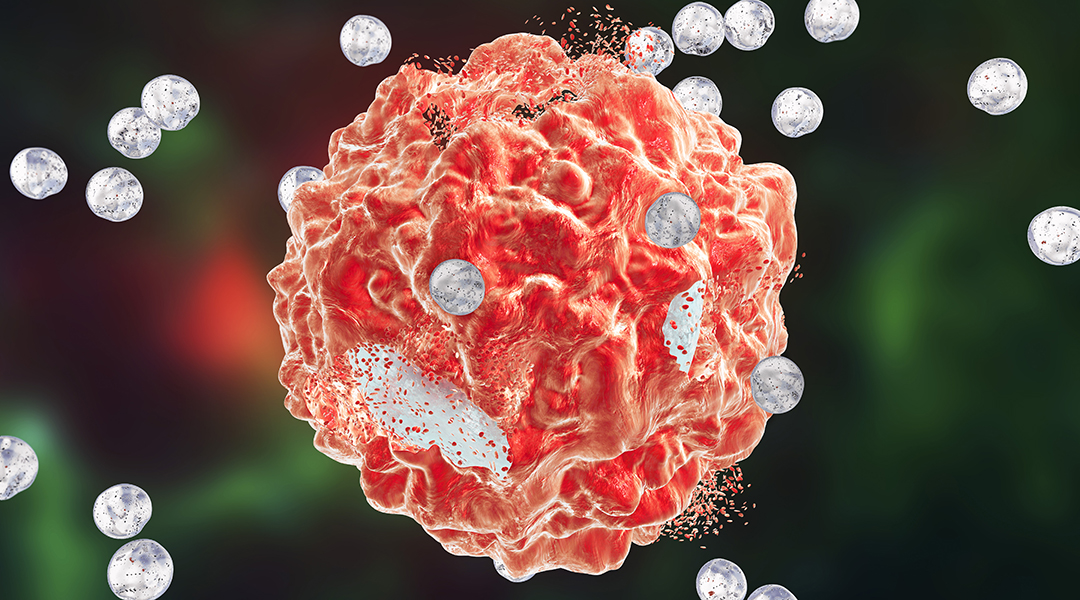

Nanotechnology has emerged as an innovative tool in medicine that could alter the landscape in relation to disease treatment and prevention.
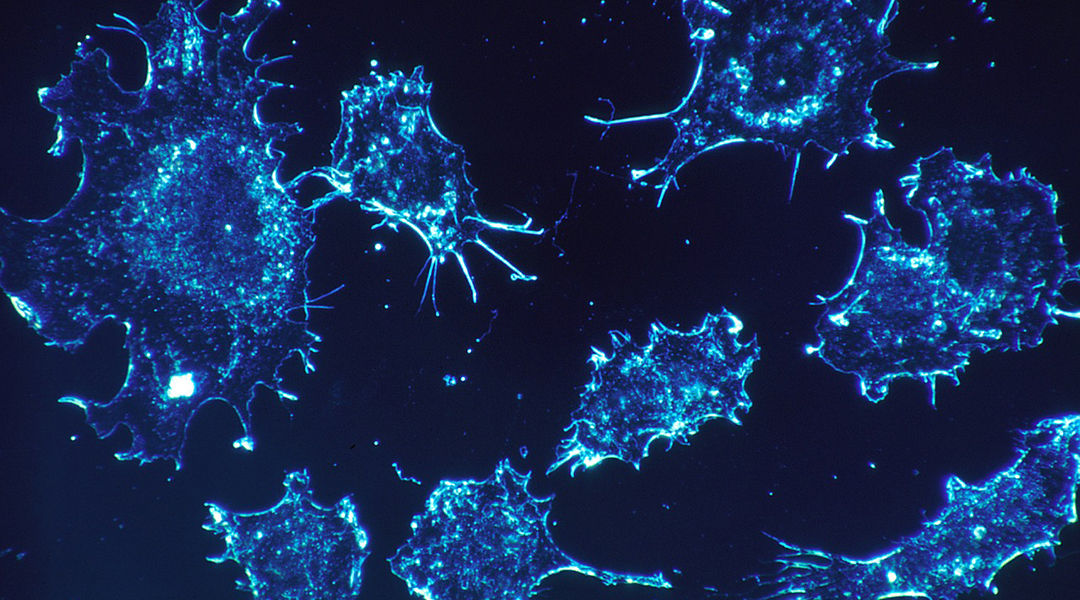
Polymers have been shown to improve the biological capabilities of optical contrast agents to improve diagnosis of diseases such as cancer.
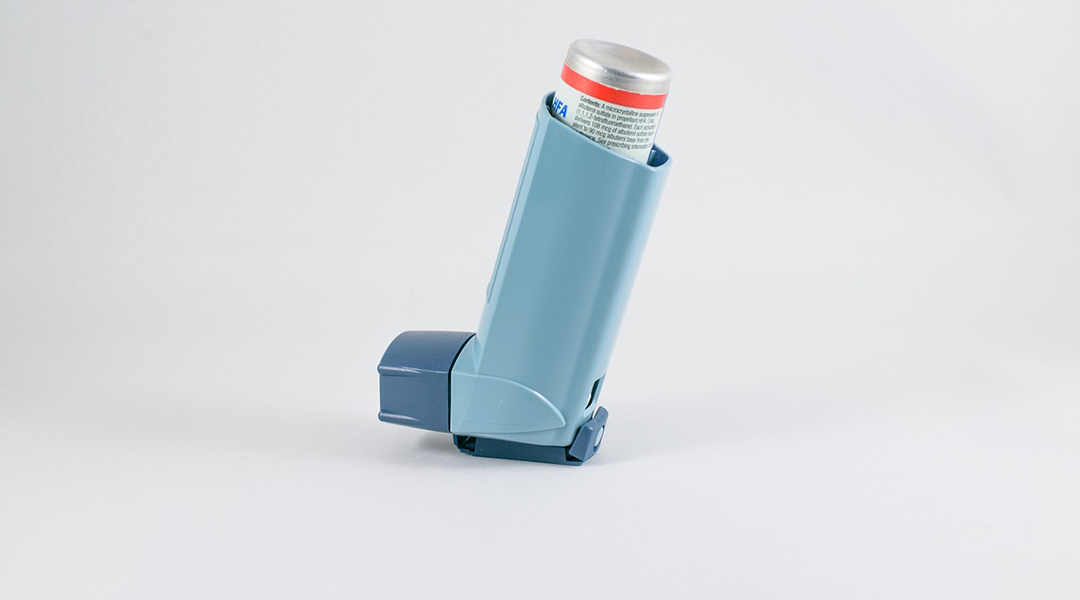
Many nanomaterials can be used to develop inhalable nanomedicines that can be administered with various aerosolization devices.

Iron can reduce absorption of lycophene, a beneficial antioxidant that gives tomatoes and other fruits their signature color.
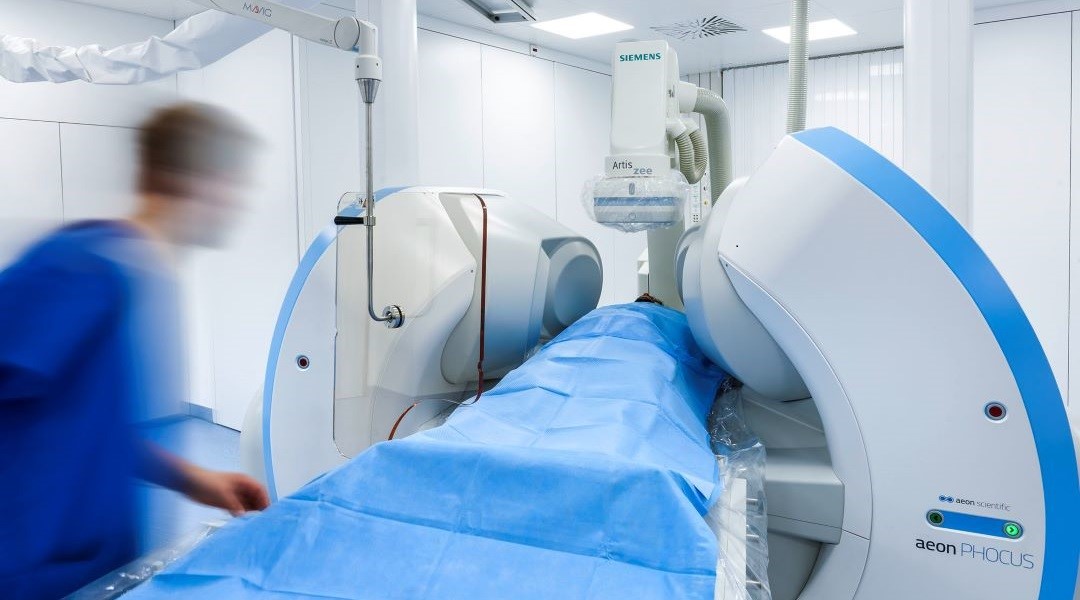
Enhancing the safety of minimally invasive surgical instruments through external magnetic control.

Protecting human health should be a priority in climate change mitigation efforts.

A cost‐effective, automated parasite diagnostic system that does not require special sample preparation or a trained user.
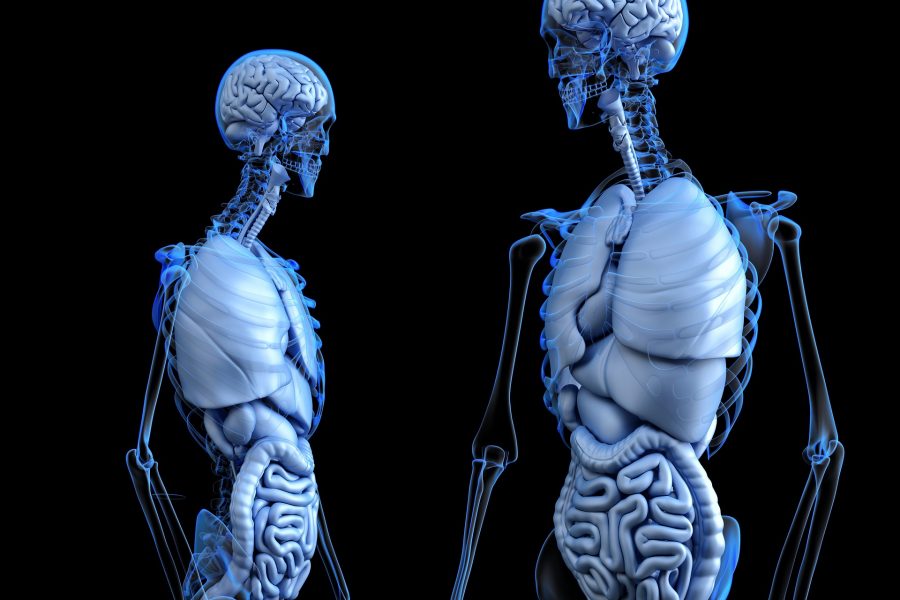
Decades of research in skeletal muscle physiology have provided multi-scale insights into its structural and functional complexity.
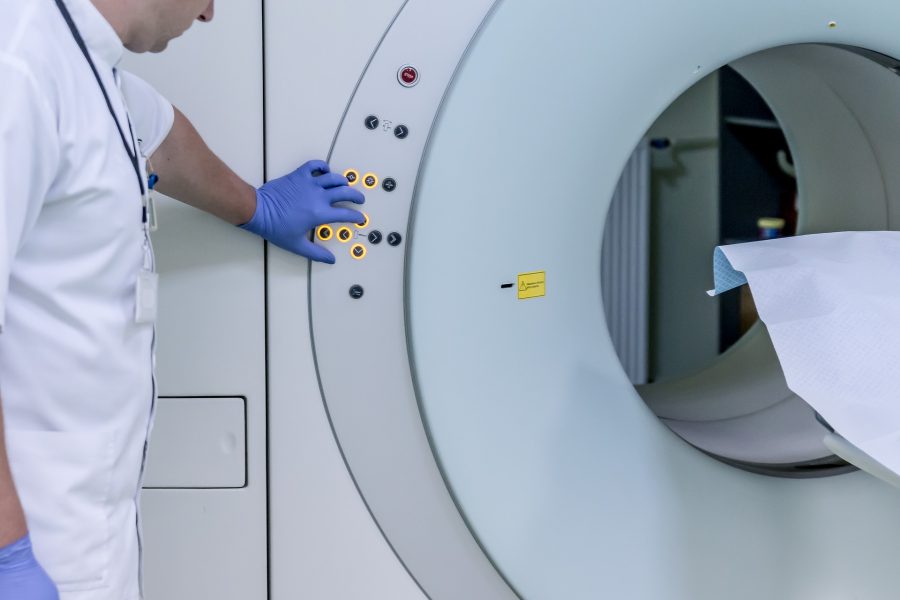
Nanoparticle-based gadolinium contrast agents to improve the safety of MRIs.

MiRNAs area class of noncoding RNA important for gene expression regulation in many plants, animals and viruses.